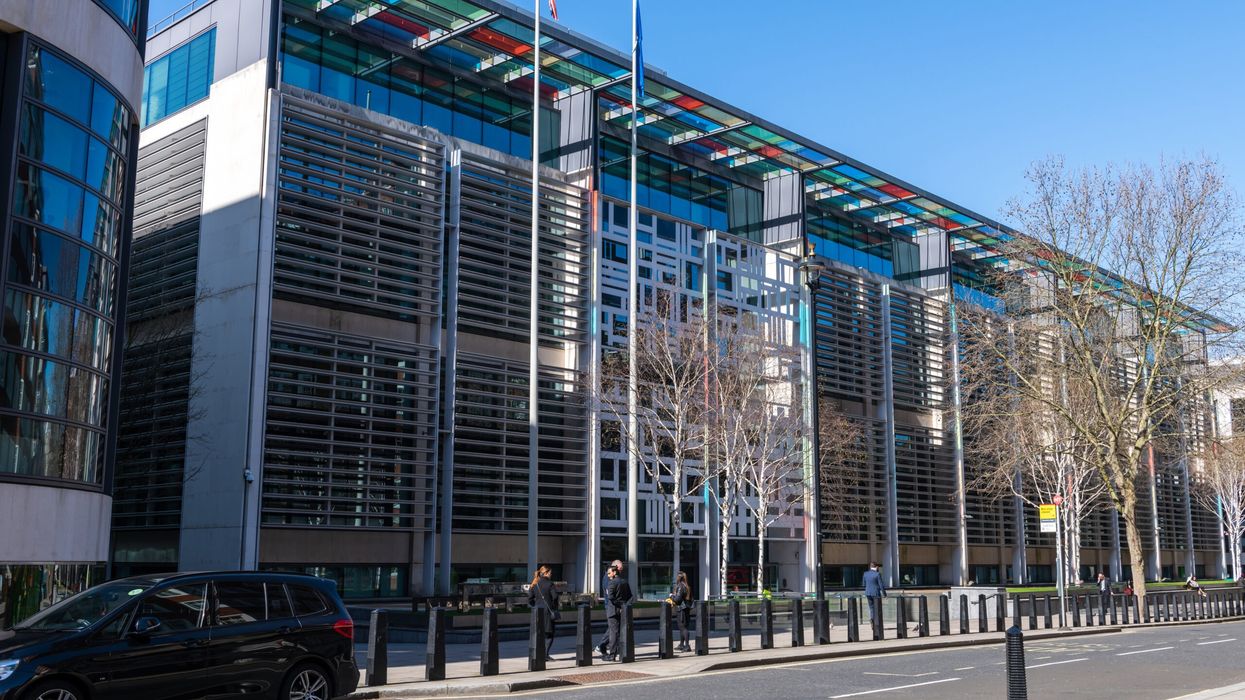The family of Sudharsan Ithayachandran, who died after being deported by the UK Home Office, blames the department for delays that prevented him from reuniting with his children.
Ithayachandran, 41, was deported to Sri Lanka on December 24, 2019, after admitting to working illegally at Tesco and using false documents, reported The Guardian.
He left behind his wife, Subatra Sudharsan, 41, who is profoundly deaf, and their children Priyan, nine, and Priyanka, eight. His mother-in-law, Yasadora Nagendra, 60, described him as “the pillar of the family.”
In November 2023, an immigration tribunal ruled in his favor, with Judge Bonavero stating he had a right to family life in the UK. The Home Office did not appeal the ruling but delayed processing his visa, forcing him to remain in Sri Lanka.
Naga Kandiah of MTC Solicitors started judicial review proceedings, prompting the Home Office to begin processing his return earlier this month. They issued an apology letter, blaming the delay on backlogs.
On May 19, Ithayachandran was found collapsed at his accommodation in Sri Lanka and died after being taken to the hospital. The cause of death is thought to be sepsis. His family said he was depressed due to his separation from his children and was not taking care of himself, reported The Guardian.
Nagendra said, “I don’t know how the family is ever going to get over this. He was such a kind and supportive man. I believe that if the Home Office had not deported him, he would still be alive today. We blame them for his death. He was treated in a very unfair way by the Home Office.”
Lou Calvey, director of the charity Asylum Matters, said, “Serious questions must be answered about this heartbreaking case; why was Sudharsan deported when he had such clear rights to remain here; why did the Home Office delay implementing the court ruling reversing the deportation; and why did he have to die alone without his family?”
Kandiah said, “The tribunal accepted our client had a genuine and subsisting relationship with his children and to live without them would be ‘unduly harsh’. He had spent years battling with the Home Office to simply rejoin his family. He finally won his case but died before he could do this.”
A Home Office spokesperson said, “All deportation orders are considered on a case-by-case basis, based on the evidence provided. Once an appeal has been allowed against the refusal to revoke a deportation order, the responsibility of applying for entry clearance to the UK lies with the individual and their representatives.”





